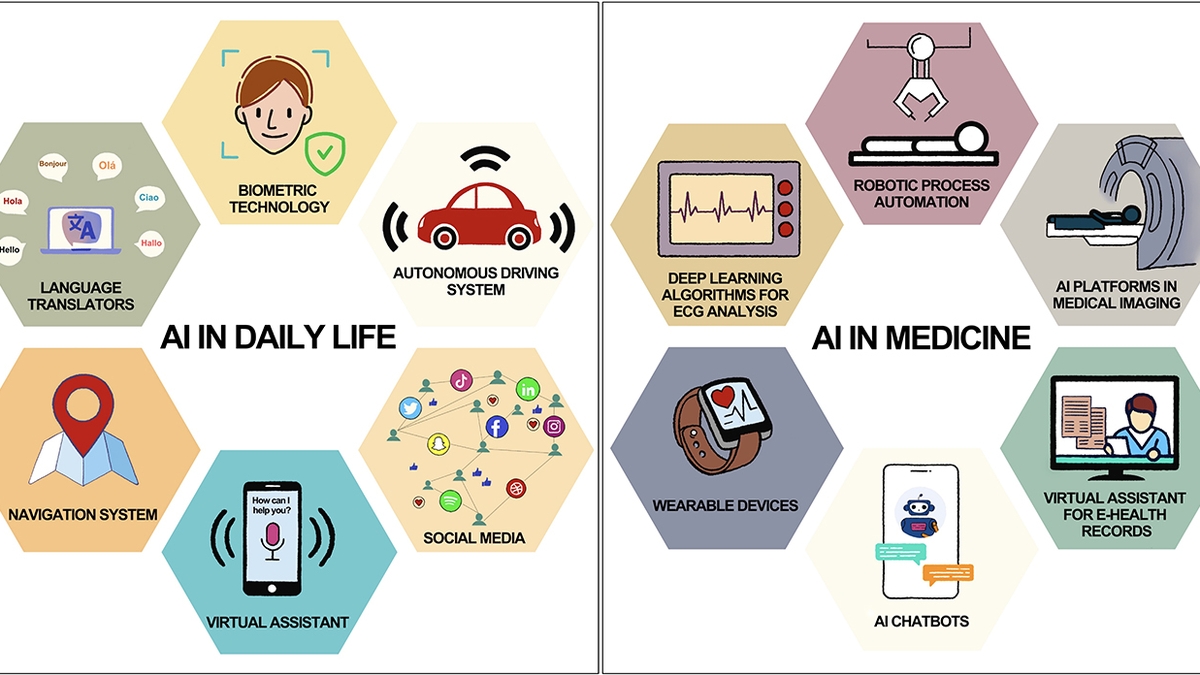
The rapid evolution of artificial intelligence (AI) technology is reshaping various fields, and healthcare is no exception. There is a growing sense of urgency within the healthcare community to prepare for the transformative power of AI. This drive is evident in the formation of the AI in Medicine working group at the UCLA Clinical and Translational Science Institute (UCLA_CTSI). This group, co-chaired by representatives from the renowned CedarsSinai, is dedicated to exploring and leveraging the potential of AI to enhance patient outcomes, advance medical research, and improve clinical decision making.
Exploring the Potential of AI in Medicine
The AI in Medicine working group comprises experts from various disciplines, including medicine, engineering, and computer science. They are tasked with planning for the wide-ranging impacts of AI in healthcare. Their mission reflects the recognition of AI’s potential to revolutionize healthcare by providing precise diagnostics, personalized treatment plans, and better patient care.
Integrating AI in Neonatal Perinatal Medicine
The integration of AI in healthcare was a central theme at the 30th annual Cool Topics in Neonatology Symposium. The event covered important and clinically relevant topics in neonatal perinatal medicine, with particular emphasis on current trends, practice innovations, and digital transformations in neonatology. Discussions on ethical considerations of AI in medicine and the importance of team structures and culture within the NICU provided valuable insights into the practical implementation of AI in healthcare settings.
Addressing Healthcare Disparities through AI
AI can also play a crucial role in addressing healthcare disparities. A recent study analyzing the delivery of ventricular ablations among patients hospitalized with ventricular tachycardia (VT) found significant disparities associated with female sex and Black race. The study highlights the potential of AI in identifying and addressing these disparities in the healthcare system, thereby promoting equitable access to healthcare services.
AI in the Fight Against COVID-19
AI technology has proven to be a valuable tool in managing the COVID-19 pandemic, as demonstrated by a recent study on COVID-19 severity among patients with multiple myeloma. Utilizing the N3C database, the study characterized risk factors associated with COVID-19 severity and mortality in these patients. The findings underscore the role of AI in analyzing large-scale data to enhance our understanding of disease patterns and inform public health strategies.
Conclusion
As we stand on the cusp of an AI revolution in healthcare, collaborative efforts like the AI in Medicine working group at UCLA_CTSI are of paramount importance. By bringing together experts from diverse fields and instituting a holistic approach towards AI integration in healthcare, we can ensure that the benefits of this transformative technology reach every corner of the healthcare system. As the journey of AI in healthcare unfolds, it promises a future where healthcare is more personalized, efficient, and equitable.
